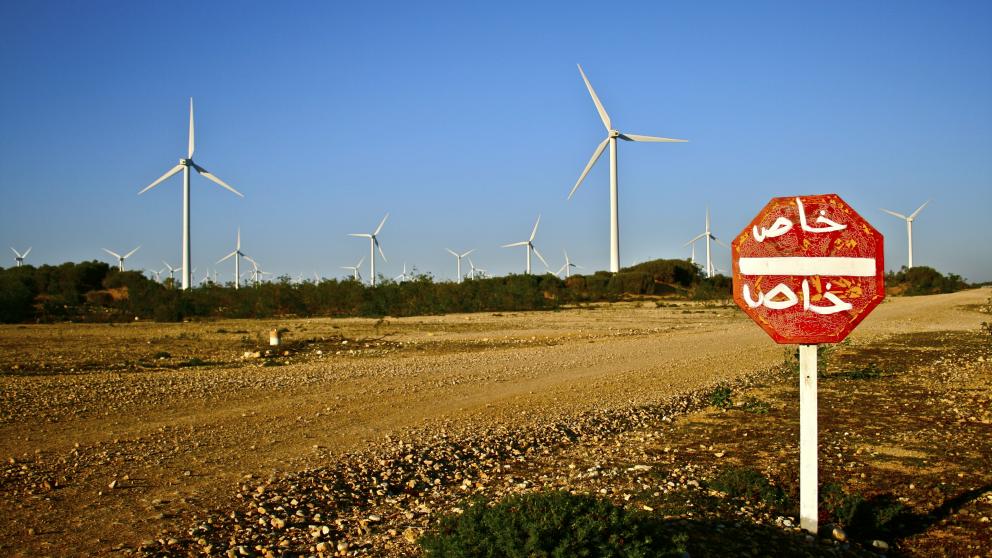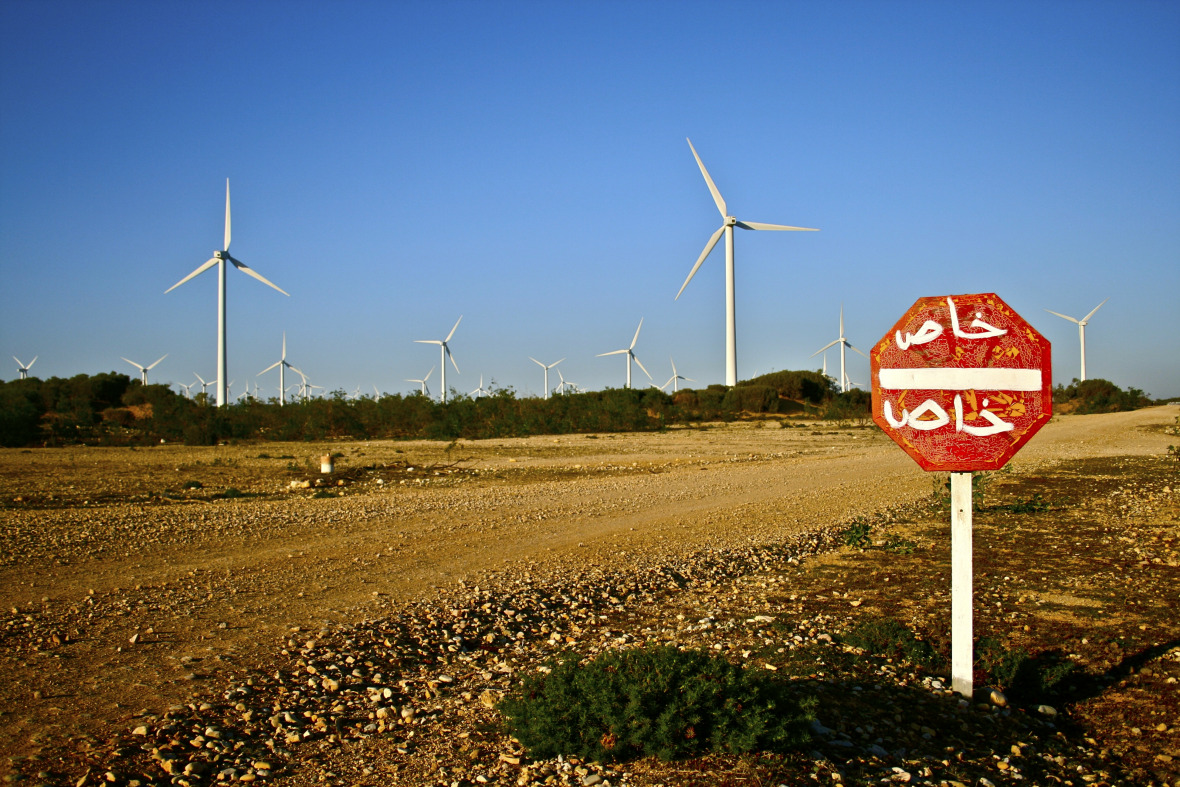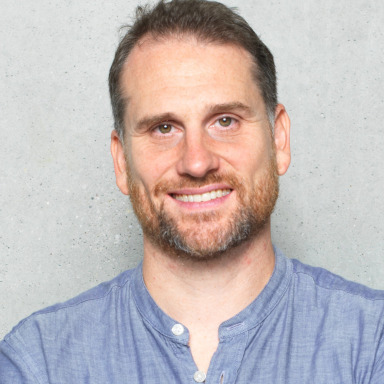Headline:
How Can the Internationalisation of the Energiewende Succeed? Expert Discussion at IASS
Renewable Energy for All

Germany has pioneered the use of renewable energy sources in the last 20 years. Its ambitious strategy has not only driven the Energiewende at home, but also inspired many other countries to make the switch to green energy. A commitment to renewables is an important element of Germany’s foreign policy. Indeed, the foundation of the International Renewable Energy Agency (IRENA) was initiated by Germany. But where should the focus of future efforts to export the Energiewende lie? And how can we intensify and improve cooperation with international partners? These and other questions were discussed at the workshop “Advancing an international Energiewende policy: Lessons from North Africa“, which was hosted by the IASS, the German Institute for International and Security Affairs (SWP) and the German Development Institute (DIE) on 29 June.

In its development cooperation, Germany has been promoting the adoption of renewable energies in North Africa and other parts of the world for around 30 years. In 2014 alone, it provided more than 3 billion euro to 25 priority partner countries and supported projects in 60 different countries. Germany currently provides more bilateral development aid for energy projects than any other country. At the beginning of the workshop, Sebastian Helgenberger, head of the Transdisciplinary Panel on Energy Change at the IASS, stressed the importance of looking beyond national borders, not least to support efforts in one’s own country: “The German Energiewende will only succeed if it contributes to making the global economy independent of fossil-based energy sources that are harmful to the climate.” Germany’s nuclear phase-out also sent a strong message to other countries. However, as Helgenberger pointed out, the same is true of the heated German debate on the future of coal.
Strong support for renewables in some North African countries
The workshop focussed on North African countries, which rely mainly on fossil fuels for their energy needs. Subsidies for oil and gas are very common there. “So there are vested interests that hinder a wider uptake of renewable energy sources. Yet, in some countries there is strong political support for an energy transition,” explained Mike Enskat, Senior Programme Manager at the German Agency for International Development (GIZ). For example, the Federal Government has established energy partnerships with Morocco and Tunisia with the aim of promoting renewables, extending the electricity grid, increasing energy efficiency and conducting research on energy-related issues.
Nurzat Myrsalieva from the Regional Center for Renewable Energy and Energy Efficiency in Cairo pointed out that many North African countries have created incentives for private investment in renewable energy in recent years: “It is important that countries focus their efforts on ensuring the functionality of these schemes, particularly through streamlining administrative procedures and providing better institutional support to the private sector.” She also stated that job creation can give an additional boost to the energy transition.
All the workshop participants – 67 representatives of politics, commerce, science and civil society – were agreed that for a successful international Energiewende, it’s not enough that Germany sets a good example. The country’s energy supply is becoming ‘greener’ with each passing year, and the role of renewables is growing steadily. In 2013 renewables accounted for 25.3% of total electricity consumption. And, according to the International Energy Agency, the share of renewables in global electricity consumption was 21% in 2012. For the economist and political scientist Sybille Röhrkasten (IASS), internationalisation is not just about Germany imparting its knowledge, but also listening and learning from the experiences of other countries. She is convinced that a critical examination of past mistakes is also essential for future activities: “To reinforce Germany’s international Energiewende policy, it’s important to evaluate the efforts made so far and see what has worked and what hasn’t.”
The Transdisciplinary Panel on Energy Change at the IASS conducts research on current issues in relation to the international dimension of the Energiewende, including the opportunities for using renewable energy sources in arid regions (water-energy nexus) and the economic potential of renewables in national and global value chains.
More information:
03.07.2015

